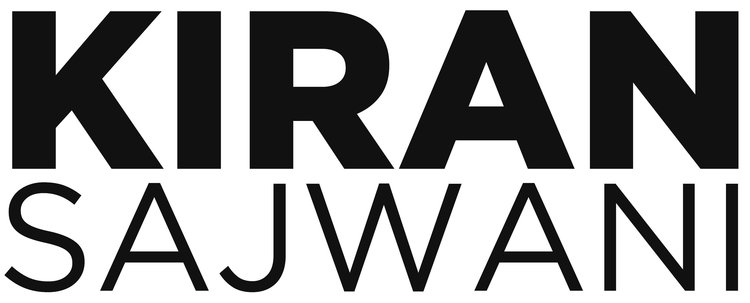Q4 started right after the much-needed Reading Week, with many of the students still in vacation mode. Let's face it, who wants to go back to class after a relaxing week away from the madness of cramming five courses in just six weeks? But, back to class we must, and we faced the last of our core foundation courses of our first year. Having spent some time developing operational frameworks, processes & policies prior to coming to Rotman, I was hoping "Operations Management" would be a good introduction to the integral role of operations within any organization, and hopefully provide some insight into the latest operational breakthroughs. While it covered the different process measures, distress points, systems variability, inventory policies, supply chains, and process capabilities, this course left me strangely overwhelmed and underwhelmed at the same time. Overwhelmed with the extent of the work required, with the innumerable cases, the Beer Games simulation, and the crazy 100-hour Littlefield simulation. Underwhelmed with the outdated material being used, and not enough attention being paid to the changing technologies impacting operational frameworks. It felt like the ROSE (Return On Student Effort... What? Why can't I invent an abbreviation? Abbreviations are the norm in business school!) for this course was far too low to justify all the mad effort put into it. Everybody knows that an MBA is hard work, requiring a great deal of effort, although sometimes it felt it might be worthwhile for the professor to be cognizant of the fact that we were all dedicated students putting in a lot of effort for his course, and the four other courses also requiring intensive effort.
Although this course did not have a comparably insane amount of work, "Managerial Accounting" was structured in such a way to ensure that you stayed on top of all the material. One of the nicest professors at Rotman, he was committed to ensuring that you were actually able to understand and apply the different elements of Managerial Accounting, relating to the nature of costs, responsibility accounting, performance measurement, budgeting, transfer pricing, absorption cost systems, cost allocation, activity based costing & management, as well as areas you might not consider as being related to the course, such as monitoring employees.
"Global Managerial Perspectives" (like quite a few of the first year core courses) had two different professors, each teaching two sections on globalization, international trade, international business, foreign exchange markets, and exchange rate regimes. I can't speak to the other section, although I'd heard that their professor covered a broader view of international business and the implicit issues involved. Our professor was more focused on South America - while I can't discount the importance of Brazil in the world economy, it felt like a stubborn, siloed perspective, and really is only one of the four BRIC countries (Brazil, Russia, India & China) - with the Brazilian Managerial Perspective, I was left wanting to learn more about the rest of the world and the Global Managerial Perspective.
While many may regard "Business Ethics" as an oxymoron, and an idealistic concept, in reality, not adhering to an ethical standard of professional conduct is the surest way to end your career and your organization. One of the most engaging professors of our first year, he really emphasized the critical importance of ethics in our personal and professional decisions, with the ripple effects felt in the general business ethics environment, with cases on whistle-blowers, integrating ethics & governance, ethical decision-making in foreign jurisdictions, and managing ethical risks. He challenged us to ask challenging questions to better understand the ethical mindset of different corporations & their actions. Guest speaker, Michael McCain, CEO of Maple Leaf Foods expected no less from our line of questioning, and provided a rare insight into the difficult life-altering decisions that corporations face, and the critical importance of placing human life above your bottom line.
Okay, I won't lie. I was super-excited when I discovered that Roger Martin, was going to be taking time out from his very busy schedule and his role as the Dean of the Rotman School of Management, to teach our First-Year class with "Integrative Thinking Practicum." I picked Rotman as the home of my MBA education after hearing Roger Martin speaking about Rotman’s approach to business education, at the Business Innovation Factory (BIF-5). It was really great to learn from him on opposing models, integrative thinking frameworks, and developing & assessing prototypes, while at the same time being able to constantly test it out on existing problems being faced by the Four Seasons, Fio Corporation and BMO. It would not be unfair to say that this has been my favorite class from the entire first year curriculum, partly due to its practical application to real business & wicked problems, and partly due to its embracing of the ever-present, ever-growing grey areas.
And with that, I completed the first year of my two-year MBA at Rotman! I still can’t believe I’m halfway through! I think by this time you’ve probably realized I’m happiest & most expressive when I write, and so, here’s my commemorative poem at the half-way mark. It's been one crazy, crazy roller-coaster ride, making some great friends, learning from some great professors, and meeting some amazing people along the way, all with very little sleep! I can't wait for second year! :)
